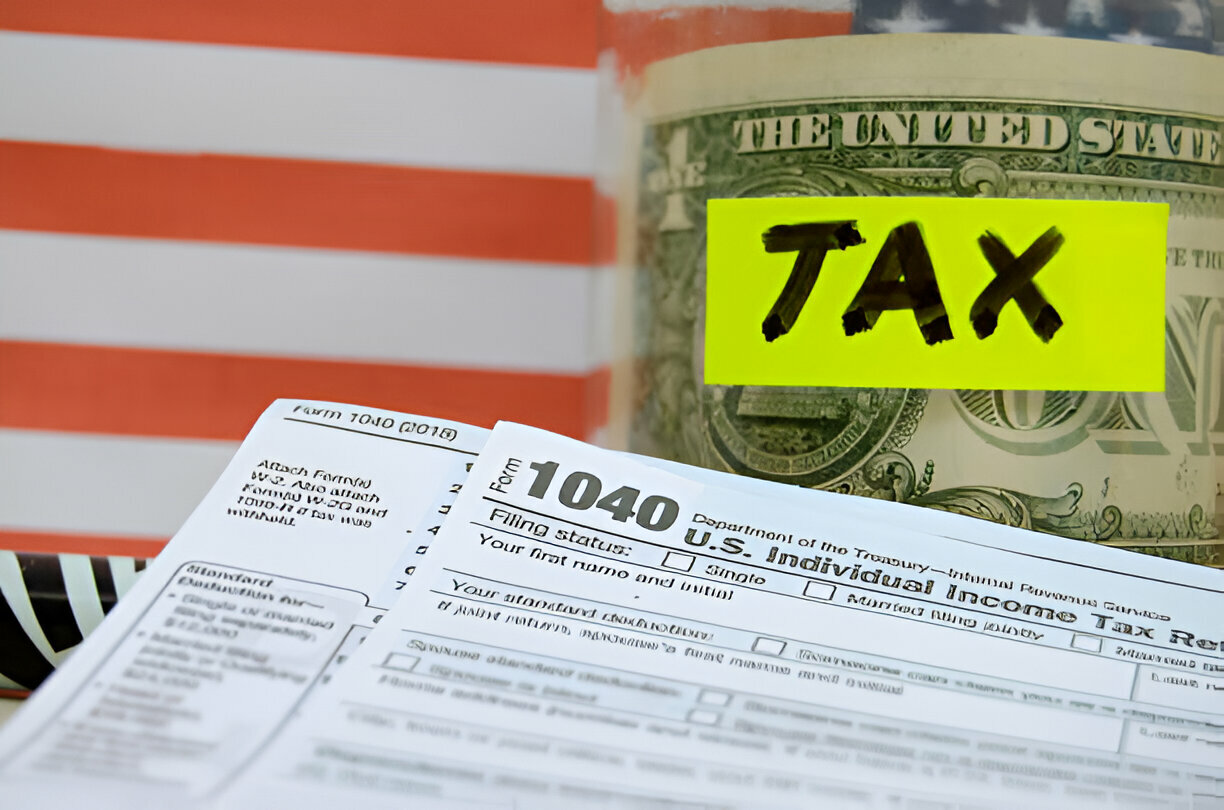
If you’re not an accountant, the mere thought of tax planning might send shivers down your spine. Between deductions, credits, and a seemingly endless array of forms, it’s enough to make even the most ambitious entrepreneur want to throw their hands up and scream.
However, for small business owners, navigating tax is crucial for long-term success. Your goal is to fill it with profits, but Uncle Sam has a key and a hefty appetite for gold. Now, how do we deal with that?
Small Business Tax Deductions
Let’s kick things off by talking about everyone’s favorite topic – saving money! Identify opportunities for savings such as:
- Home Office Deduction: Working from home? You might be eligible for the home office deduction. Learn how to calculate the square footage of your dedicated workspace and watch as a portion of your rent or mortgage magically transforms into a tax deduction.
- Vehicle Expenses: If your business involves a fair amount of road time, don’t overlook the potential for vehicle expense deductions. Gas, maintenance, and even a portion of your lease or loan payments can be claimed – just make sure to keep detailed records.
- Marketing and Advertising: Getting your name out there? Count those website costs, social media ads, and even that catchy jingle you commissioned as deductions. Remember, the louder you shout about your awesomeness, the more customers you attract, and the more money you make.
- Depreciation: As your business assets age, you can deduct their depreciated value. This includes equipment, vehicles, or property used for business purposes.
- Employee Benefits: Health insurance, retirement plans, even those cool team-building outings – they’re all fair game.
Small Business Tax Considerations
Every business is unique, and your tax plan should be too. Here are some tips to customize your journey to tax-efficiency:
1. Choosing the Right Business Structure
The structure of your business can significantly impact your tax liability. Whether you’re a sole proprietor, LLC, S-corp, or C-corp, each structure comes with its own set of tax implications. Consult with a tax professional to determine which structure aligns best with your business goals and financial situation.
2. Estimated Tax Payments
Don’t let tax season catch you off guard! Small business owners often need to make estimated tax payments throughout the year. Understanding the when, why, and how of estimated payments ensures you won’t face penalties come tax time.
3. Retirement Contributions
Maximize your personal and financial well-being by taking advantage of retirement contributions. Contributions to a Simplified Employee Pension (SEP) or a Solo 401(k) not only secure your future but also offer valuable tax deductions in the present.
4. Accounting Software
Investing in good accounting software automates many tasks, keeps your records organized, and makes tax season a breeze. No more shoebox receipts and late-night scrambling.
5. Hire a Tax Pro; Hire FinServe Pro
Just like you wouldn’t attempt brain surgery without a doctor, consider teaming up with a tax professional. We can navigate the complexities of the code, answer your questions, and ensure you’re claiming all the deductions and credits you deserve.
Small Business Tax Audits
While the idea of a tax audit may induce anxiety, being prepared can turn the experience from daunting to manageable.
Firstly, document everything. The key to surviving an audit unscathed is impeccable record-keeping. From receipts to invoices, having a well-organized system in place ensures you can easily substantiate your income and expenses.
Then, please seek professional guidance. When facing an audit, having a tax professional by your side is like having a superhero in your corner. Their expertise and experience can make the audit process smoother and less stressful, allowing you to focus on running your business.
In 2024, businesses of all sizes have the opportunity to reassess their financial strategies and implement tax planning techniques that optimize operations and minimize tax liabilities.
Seize your opportunity now.
Happy planning!




